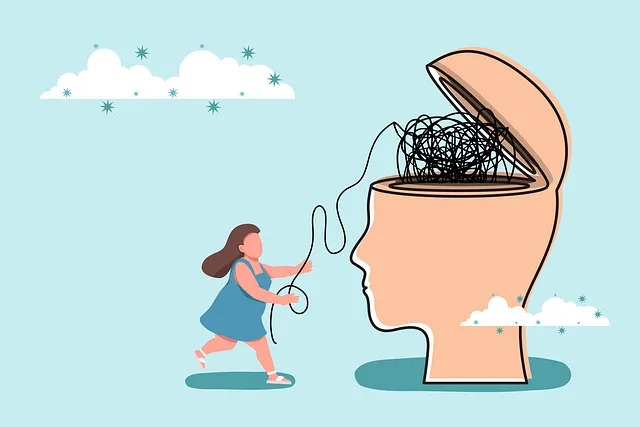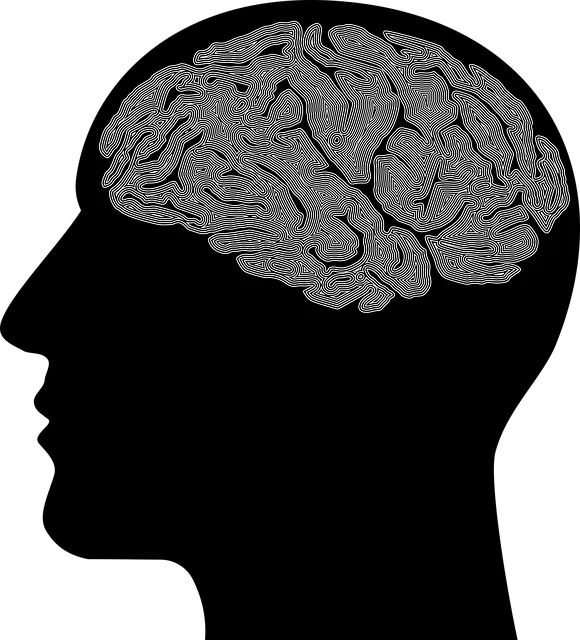The Westminster Kaiser Permanente mental health center, led by its owner, prioritizes cultural sensitivity as a cornerstone of patient care. They recognize that mental health issues manifest differently across diverse backgrounds and offer tailored treatments. Through mindfulness meditation training, multilingual support, workshops, and a podcast series sharing diverse perspectives, the center breaks barriers in culturally sensitive mental healthcare. Their comprehensive evaluation process includes specialized training sessions with Compassion Cultivation Practices, fostering an inclusive environment where every patient feels heard, respected, and valued.
Cultural sensitivity is a cornerstone of quality mental healthcare, particularly in diverse communities. This article explores the vital role it plays at the Westminster Kaiser Permanente mental health center, owned by a leading healthcare provider. We delve into its impact on patient outcomes, strategies to overcome cultural barriers, and training initiatives fostering inclusivity. By examining these aspects, we uncover how Westminster Kaiser Permanente is revolutionizing mental health care through cultural competency programs.
- Understanding Cultural Diversity in Mental Healthcare: A Westminster Kaiser Permanente Perspective
- The Impact of Cultural Sensitivity on Patient Outcomes at the Mental Health Center
- Navigating Cultural Barriers to Care: Strategies Employed by Westminster Kaiser Permanente
- Fostering Inclusivity: Training and Education Initiatives within the Mental Health Center
- Measuring Success: Evaluating Cultural Competency Programs at Westminster Kaiser Permanente
Understanding Cultural Diversity in Mental Healthcare: A Westminster Kaiser Permanente Perspective

At Westminster Kaiser Permanente mental health center, we embrace cultural diversity as a core principle in our patient care approach. Our understanding that mental health issues can manifest differently across various cultural backgrounds is foundational to our practice. This awareness guides us in tailoring treatments and interventions to address not just the symptoms but also the unique needs and beliefs of each individual. We recognize that effective therapy involves more than just evidence-based practices; it requires a deep respect for cultural contexts, which can significantly influence mood management, communication strategies, and overall well-being.
Westminster Kaiser Permanente mental health professionals are trained to incorporate mindfulness meditation as a tool to enhance cross-cultural understanding. By fostering an environment of acceptance and non-judgment, we encourage open dialogue about cultural practices, beliefs, and challenges that may impact our patients’ experiences. This inclusive approach not only improves access to quality care but also promotes better outcomes by ensuring our treatments resonate with the diverse tapestry of our community, including those from various ethnic, racial, and socio-economic backgrounds.
The Impact of Cultural Sensitivity on Patient Outcomes at the Mental Health Center

At the Westminster Kaiser Permanente mental health center by owner, cultural sensitivity plays a pivotal role in shaping patient outcomes. The ability to understand and respect patients’ cultural backgrounds, beliefs, and values fosters an environment where individuals feel seen, heard, and valued. This, in turn, enhances trust and engagement, leading to improved treatment adherence and clinical outcomes. Studies have consistently shown that when mental healthcare providers employ empathy building strategies and cultural sensitivity techniques, patients tend to experience higher levels of satisfaction with care, which can significantly contribute to their mental wellness.
The Mental Wellness Podcast Series Production at the center has been instrumental in promoting cultural sensitivity in mental healthcare practice. By sharing diverse perspectives and experiences through podcasts, the center encourages a deeper understanding of different cultures, breaking down barriers and stereotypes. This proactive approach not only enriches the patient experience but also equips mental health professionals with valuable insights, allowing them to tailor their practices to meet the unique needs of each individual, ultimately enhancing overall mental wellness outcomes.
Navigating Cultural Barriers to Care: Strategies Employed by Westminster Kaiser Permanente

Westminster Kaiser Permanente mental health center by owner has pioneered innovative strategies to navigate cultural barriers to care. Recognizing that diverse communities often face unique challenges in accessing and engaging with mental healthcare, the center has developed inclusive practices that respect and celebrate cultural differences. One key approach involves providing multilingual resources and staff members who can facilitate communication and build trust among non-English speaking individuals. Additionally, they organize Stress Management Workshops and promote Self-Awareness Exercises tailored to specific cultural needs, fostering an environment where individuals feel understood and supported in their journey towards mental well-being. These initiatives not only enhance accessibility but also contribute to the prevention of depression by addressing underlying cultural obstacles.
Fostering Inclusivity: Training and Education Initiatives within the Mental Health Center

At the Westminster Kaiser Permanente mental health center by owner, fostering inclusivity is at the core of our training and education initiatives. We recognize that cultural sensitivity is paramount in providing effective mental healthcare services to a diverse community. Our programs are designed to equip staff with the knowledge and skills needed to understand and address the unique needs and challenges faced by individuals from various ethnic, racial, and cultural backgrounds.
Through comprehensive workshops, seminars, and ongoing professional development opportunities, we delve into topics such as emotional regulation, self-esteem improvement, and social skills training. These initiatives not only enhance our ability to deliver culturally competent care but also foster a supportive and inclusive environment where every client feels heard, respected, and valued.
Measuring Success: Evaluating Cultural Competency Programs at Westminster Kaiser Permanente

At Westminster Kaiser Permanente mental health center, evaluating the success of cultural competency programs is a multifaceted process. The healthcare provider’s role in fostering an inclusive environment begins with dedicated training sessions that equip them with the skills to navigate diverse cultural landscapes sensitively and effectively. These trainings often incorporate Compassion Cultivation Practices, designed to enhance emotional intelligence and understanding among providers.
Beyond workshops, the mental wellness podcast series production plays a vital part in measuring progress. By creating content that resonates with various cultural backgrounds, the center ensures ongoing learning and engagement. This approach not only highlights best practices but also serves as a platform for sharing real-life examples of successful interventions tailored to specific cultural needs. Such initiatives underscore Westminster Kaiser Permanente’s commitment to providing culturally sensitive mental healthcare services by its very owner.
Westminster Kaiser Permanente’s approach to cultural sensitivity in mental healthcare has significantly enhanced patient outcomes at their mental health center. By understanding and navigating cultural diversity, implementing effective strategies, and fostering inclusivity through training, they’ve created a more welcoming environment. The success of these initiatives, measured through evaluated programs, underscores the importance of cultural competency in mental healthcare practices, particularly within the Westminster Kaiser Permanente mental health center by owner. These efforts not only improve access to care but also ensure that all patients receive respectful and effective treatment tailored to their unique cultural backgrounds.






